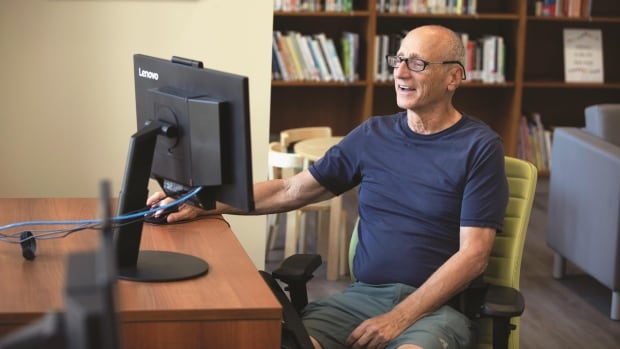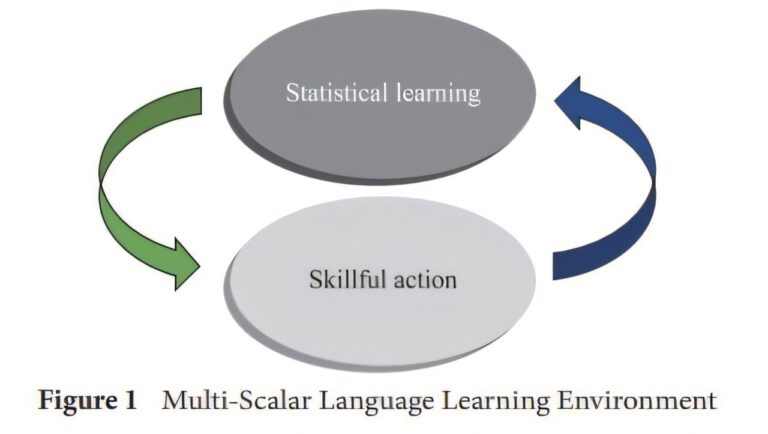Personal support workers and people who rely on them say 2021 legislation in Ontario meant to create regulations and consistency in training has had no effect on the care they receive.
The new legislation established the Health and Supportive Care Providers Oversight Authority, which was tasked with creating structure for Ontario’s personal support worker, or PSW, landscape.
The various goals included creating a registry of PSWs, establishing standards for both training and practice in the sector, and a logo that would identify care workers who have been properly prepared for the work.
But in the nearly two years since Bill 283 became law, those who provide and receive supportive care say nothing has changed and an overhaul is desperately needed.
“It’s alarming because we rely on these people to help us,” said Travis Iverson, 40, an Ottawa man who has lived with a spinal injury since a diving incident 20 years ago.
After pressure ulcers developed in his legs, he was no longer able to sit in his electric wheelchair. Iverson spent four years in bed “staring at the same ceiling.”
He has healed enough to spend time in his chair again, but he says he lives with PTSD from that span of time.
“Just the fear of being in that room after being in there for so long, having your arms beside your body, not being moved.
“It’s a slow slope down, it’s very scary,” he said.
Today, Iverson lives in a supportive housing unit in downtown Ottawa where there are 17 residents who require continuing care.
Some days, Iverson said, a single personal support worker is assigned for all of them.

Inconsistent knowledge, abilities for PSWs
Iverson, who used to be a landscaper and high school basketball player, often worries whether a PSW will know how to manage the delicate bed lift machinery, and the care routine for his disability.
That is a common issue across the province, according to Ian DaSilva of the Ontario Personal Support Workers Association.
“What we have in Ontario is a quagmire of different titles for the same job,” said DaSilva.
Consistent training and certification of attendants would let support agencies hire and retain qualified staff, he said.
Regulation would also prevent people without the proper training from undercutting the wages of those who have invested in their careers with college preparation. This has become more common due to a shortage of PSWs, said DaSilva.
Members of the board for the newly created authority did not respond to interview requests.

Agency unaware of new oversight body
VHA Health and Home Support – Ottawa, the agency that staffs Iverson’s residence, told CBC it was not aware of the existence of the new oversight authority in Ontario.
But these types of agencies need an incentive to hire trained PSWs who have gone through a certification regime, according to Peter Athanasopoulos, policy director with Spinal Cord Injury Ontario.
“We’d like to see a standard of practice, we’d like to see more regulation,” said Athanasopoulos.
He said unprepared new PSWs are often “parachuted” into work that is intimate and draining and they face high rates of burnout.
Athanasopoulos said he hopes the new provincial authority will create a marketplace where only properly trained support workers are hired.
In 2022, the Ontario PCs said they would invest $2.8 billion over the next three years to make the $3 an hour wage hike for personal support workers permanent.
That was meant to attract a larger pool of workers who will get properly trained and paid a better wage.
The Ministry of Health did not respond to requests by deadline.
Iverson said even as much as he loathes being stuck in bed, he has a greater aversion to being abandoned in his chair at the end of the day by a support worker who doesn’t show up for work, which sometimes happens.
“If you’re having a panic attack and you’re wondering if the person is not going to show up, it’s not good for your health.”





